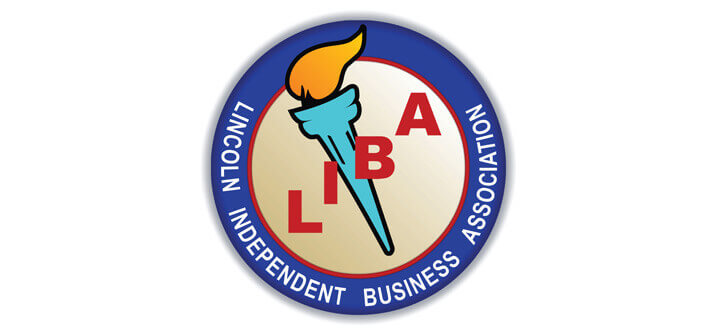Property Tax Reform Proposals Fail to Overcome Opposition in the Legislature
The legislative session ended in late-May without the passage of any meaningful property tax reform legislation. There were two proposals – LB289 and LB183 – that received serious consideration by the Legislature, but they ultimately failed to garner enough votes to overcome a filibuster.
Although LIBA did not support either proposal, LB289 clearly was the preferred approach over LB183. There were many provisions in LB289 that would have alleviated the property tax burden for homeowners, businesses, and farmers. For example, LB289 would have lowered valuations by 10% on residential and commercial properties, as well as agricultural land, for property taxes collected by school districts. This would have resulted in immediate property tax relief for all Nebraskans, especially during a time when property values have skyrocketed in Lincoln over the last few years.
LIBA also supported the additional school aid that school districts would have received as a result of this bill. It is no secret that school districts throughout Nebraska are too reliant on property taxes as a source of revenue. This bill not only provided more in school aid from the state, but it also protected property taxpayers by lowering school districts’ maximum property tax levy and capping increases to school districts’ year-to-year property tax revenue spending to the consumer price index.
However, LIBA was concerned about the sales taxes that LB289 would have imposed on a number of service industries that are predominantly comprised of small businesses. These included small businesses that provide moving and storage services, haircuts, plumbing, HVAC, and veterinary care, among others. Taxing these services would have put a significant burden on home, business, and pet owners.
In addition to raising the sales tax burden, LB289 would have removed the exemption on personal property taxes for the first $10,000 in tangible personal property expenses. The personal property tax not only costs businesses financially, but it is also costly in terms of the time and effort necessary to complete and file the appropriate tax returns, which are filed individually in each county where a business owns personal property.
LB183, on the other hand, would have kept the sales taxes on small businesses without the reforms to how school aid is delivered by the state. The additional revenue generated from the sales taxes on services simply would have been added to the existing Property Tax Credit Relief Fund. It also did not contain any measures to control escalating property taxes or control spending at the local level by the political subdivisions that levy property taxes.
LIBA appreciates the Legislature’s efforts this session to reduce the property tax burden, but we believe the Legislature needs to be looking into policies that encourage the growth of small businesses, instead of making the goods and services they provide costlier for consumers. A thriving small business community will generate higher levels of revenue in local property taxes and lower the property tax burden on the rest of the community.

